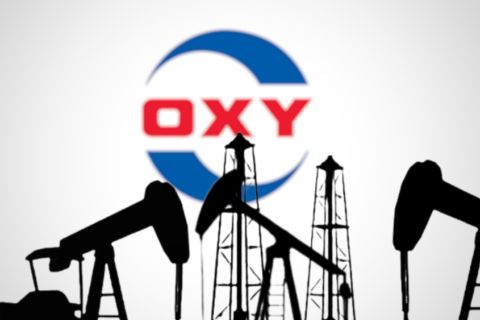Duke Energy Corp. (NYSE: DUK), the largest U.S. power company by generation capacity, said on Oct. 26 it would buy Piedmont Natural Gas Co. (NYSE: PNY) for $4.9 billion in cash.
Duke offered $60 in cash for each Piedmont share, representing a premium of about 42% premium to the stock's close on Oct. 23. The deal helps expand Duke's natural gas distribution business.
A glut of supply from shale fields has ensured relatively stable pricing for natural gas distributors such as Piedmont.
This has prompted a number of U.S. power producers to boost their natural gas infrastructure and lower dependence on power generation as demand for electricity weakens due to increased energy efficiency.
Southern Co. (NYSE: SO) said in August it would buy AGL Resources Inc. (NYSE: GAS) for about $8 billion in cash.
Duke and Piedmont are also among the partners in the $5 billion 550-mile (885-km) Atlantic Coast pipeline, which moves gas from Pennsylvania's Marcellus shale field to North Carolina and Virginia. AGL resources also has a 5% stake in the pipeline.
Duke sells power to 7.3 million customers in North and South Carolina, Florida, Indiana, Ohio and Kentucky at rates set by state regulators. It also provides regulated natgas services to about 500,000 customers in Ohio and Kentucky.
Piedmont has about 1 million customers in North and South Carolina and Tennessee.
Duke will also assume about $1.8 billion of Piedmont's net debt, giving the deal an enterprise value of $6.7 billion.
Duke said it will raise about $500- to $750 million through newly issued equity to help finance the deal.
One Piedmont director will join Duke's board after the deal closes, expected by the end of 2016, and a Piedmont executive will lead Duke's natural gas operations, the company said.
Barclays is Duke's adviser and Sidley Austin LLP is legal counsel. Goldman Sachs & Co Piedmont and Kirkland & Ellis LLP is legal counsel.
Piedmont's shares were trading up 8.5% at $45.81 in light volumes premarket on Oct. 26.
Up to close on Oct. 23, Piedmont shares had risen nearly 16% in the past 12 months, while Duke's had fallen nearly 8%.
Recommended Reading
Canadian Natural Resources Boosting Production in Oil Sands
2024-03-04 - Canadian Natural Resources will increase its quarterly dividend following record production volumes in the quarter.
73-year Wildcatter Herbert Hunt, 95, Passes Away
2024-04-12 - Industry leader Herbert Hunt was instrumental in dual-lateral development, opening the North Sea to oil and gas development and discovering Libya’s Sarir Field.
Air Products Sees $15B Hydrogen, Energy Transition Project Backlog
2024-02-07 - Pennsylvania-headquartered Air Products has eight hydrogen projects underway and is targeting an IRR of more than 10%.
Kissler: OPEC+ Likely to Buoy Crude Prices—At Least Somewhat
2024-03-18 - By keeping its voluntary production cuts, OPEC+ is sending a clear signal that oil prices need to be sustainable for both producers and consumers.
Buffett: ‘No Interest’ in Occidental Takeover, Praises 'Hallelujah!' Shale
2024-02-27 - Berkshire Hathaway’s Warren Buffett added that the U.S. electric power situation is “ominous.”





